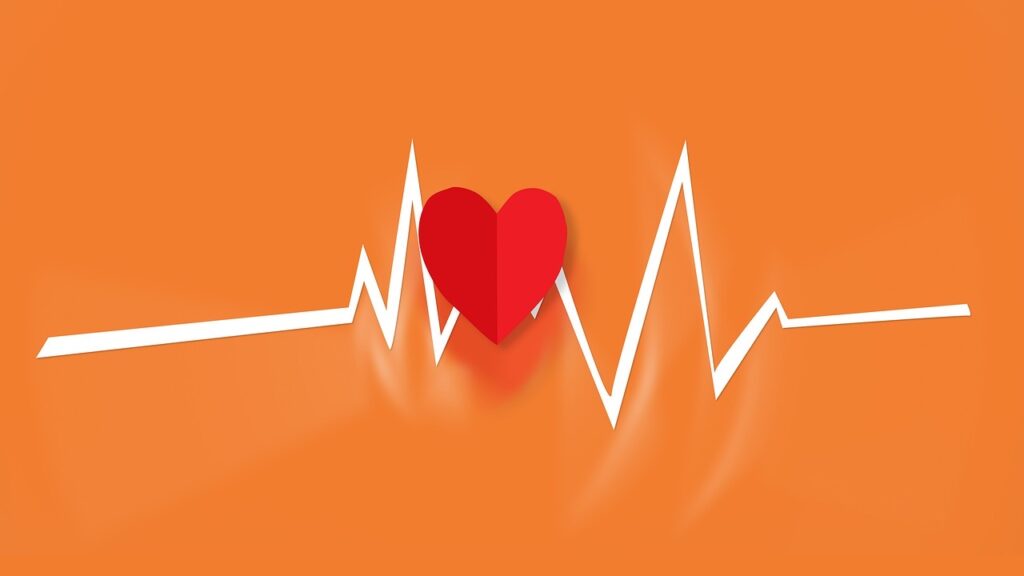
What You Should Know:
- Investigators from the Smidt Heart Institute at Cedars-Sinai found that an artificial intelligence (AI) algorithm can detect an abnormal heart rhythm in people not yet showing symptoms.
- The algorithm, which identified hidden signals in common medical diagnostic testing, may help doctors better prevent strokes and other cardiovascular complications in people with atrial fibrillation-the most common type of heart rhythm disorder.
AI-Driven Algorithm to Detect Asymptomatic Arrhythmias
| Previously developed algorithms have been primarily used in white populations. This algorithm works in diverse settings and patient populations, including U.S. veterans and underserved populations. The findings were published today in the peer-reviewed journal JAMA Cardiology. “This research allows for better identification of a hidden heart condition and informs the best way to develop algorithms that are equitable and generalizable to all patients,” said David Ouyang, MD, a cardiologist in the Department of Cardiology in the Smidt Heart Institute at Cedars-Sinai, a researcher in the Division of Artificial Intelligence in Medicine, and senior author of the study. |
Approximately one-third of individuals with atrial fibrillation are unaware of their condition, which is characterized by chaotic electrical signals in the heart’s upper chambers, potentially leading to blood clots and strokes. Researchers developed an artificial intelligence system that examined electrocardiogram data, which tracks heart electrical activity. They trained this AI using almost a million electrocardiograms spanning from January 1, 1987, to December 31, 2022, from Veterans Affairs health networks. This algorithm accurately predicted atrial fibrillation in patients within a 31-day window and demonstrated similar success when tested on records from Cedars-Sinai.

